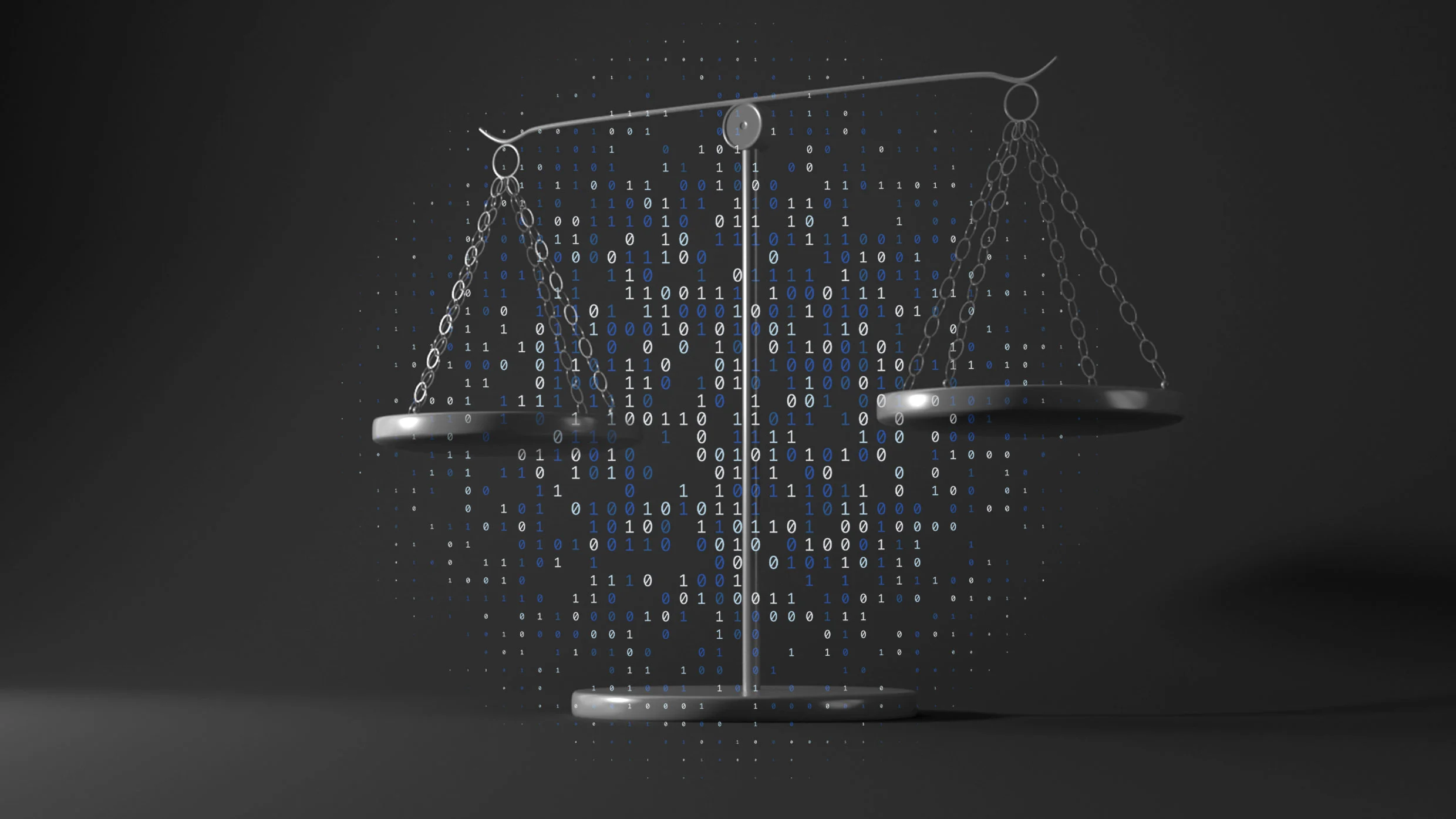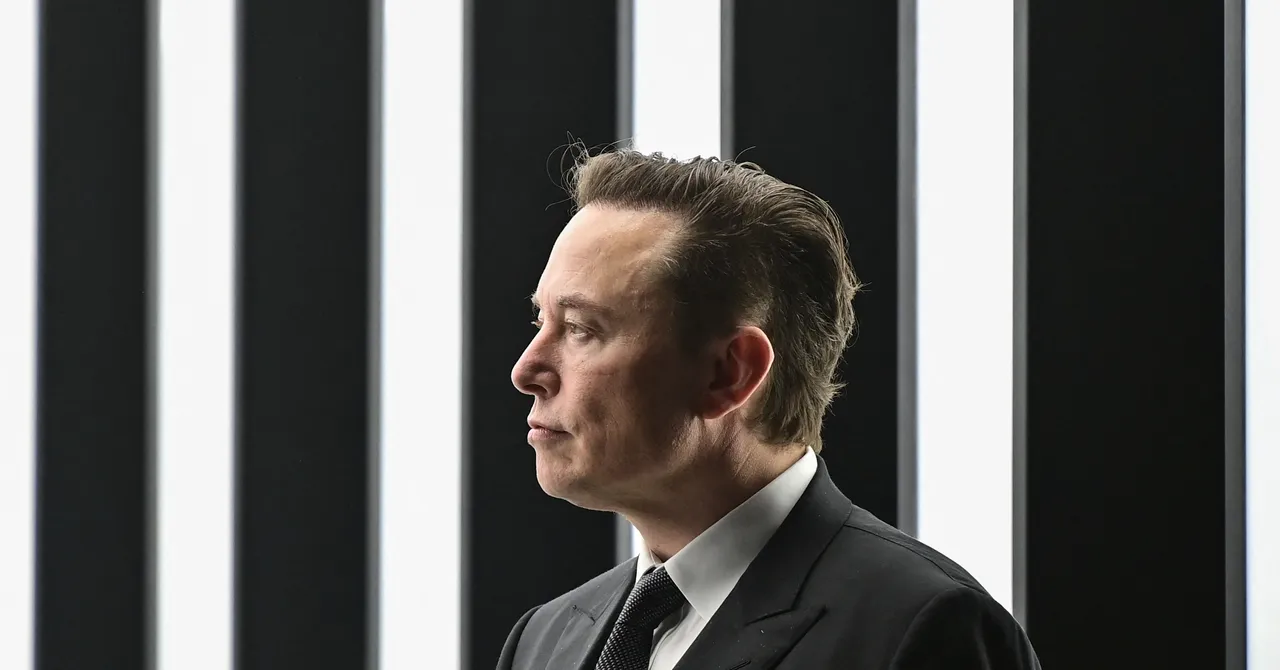Copyright Fast Company

The life of a junior associate at a prestigious law firm involves hours of research and analyzing contracts. Three years ago, Winston Weinberg found himself buried in these kinds of tasks as a first-year antitrust and litigation associate at O’Melveny & Myers in Los Angeles. And there Weinberg might have remained, diligently climbing the BigLaw ranks from associate to partner, logging thousands of hours of drudgery along the way. Instead, he’s cofounder and CEO of Harvey, the high-flying legal AI platform that’s raised more than $800 million by promising to handle much of this work. “A lot of the tasks junior [associates] do are going to get automated,” Weinberg says. “That doesn’t mean their job’s going to get automated. It’s just going to be a different job.” Built atop language models from OpenAI, Anthropic, and Google, Harvey’s platform streamlines legal workflows by helping lawyers with drafting, contract analysis, legal research, due diligence, regulatory compliance, and case law review. In addition, the technology cuts down on reading time by summarizing complex legal documents and combining databases to research and summarize legal issues. advertisement Harvey, which is used by some 250 law firms—including 42% of The American Lawyer’s list of biggest 100 firms in the U.S.—announced in June that it raised a $300 million series D led by Sequoia, bringing its total haul to more than $800 million and driving its valuation to $5 billion. It’s now the highest valued startup in a growing field of AI companies that are all focused on overhauling how the legal profession works. The company’s annualized revenue run rate hit $100 million in August, up from $50 million earlier this year, propelled by an aggressive sales strategy targeting big law firms. Harvey now has 460 employees, 20% of whom are lawyers. The company is also hiring dozens of engineers, sales leads, and account executives as it seeks to increase the moat between itself and its competitors. Whether Harvey ultimately upends the legal procession or winds up burning a lot of cash, time, and effort could reveal that fates of industries as far afield as finance, music, and film. All these sectors—and more—are on a similar curve: exploring whether AI tools can be truly transformative and seeing just how many jobs they’ll reimagine—or disappear altogether. Despite its sizable moat, Harvey’s success is far from assured. Investors are pouring money into firms working on rival legal AI agents: Canada-based Clio raised $900 million last summer; Sweden’s Legora raised an $80 million Series B led by ICONIQ Venture & Growth and General Catalyst in September; London-based Luminance took in $75 million in January. Meanwhile, a growing chorus of critics—sounding off on Reddit and elsewhere—question how original Harvey’s offerings are. “ChatGPT wrapper” is the most common dig thrown by these disaffected apparent users, who note the similarities between the information retrieval capabilities of Harvey and ChatGPT (made by Harvey’s early investor, OpenAI).



